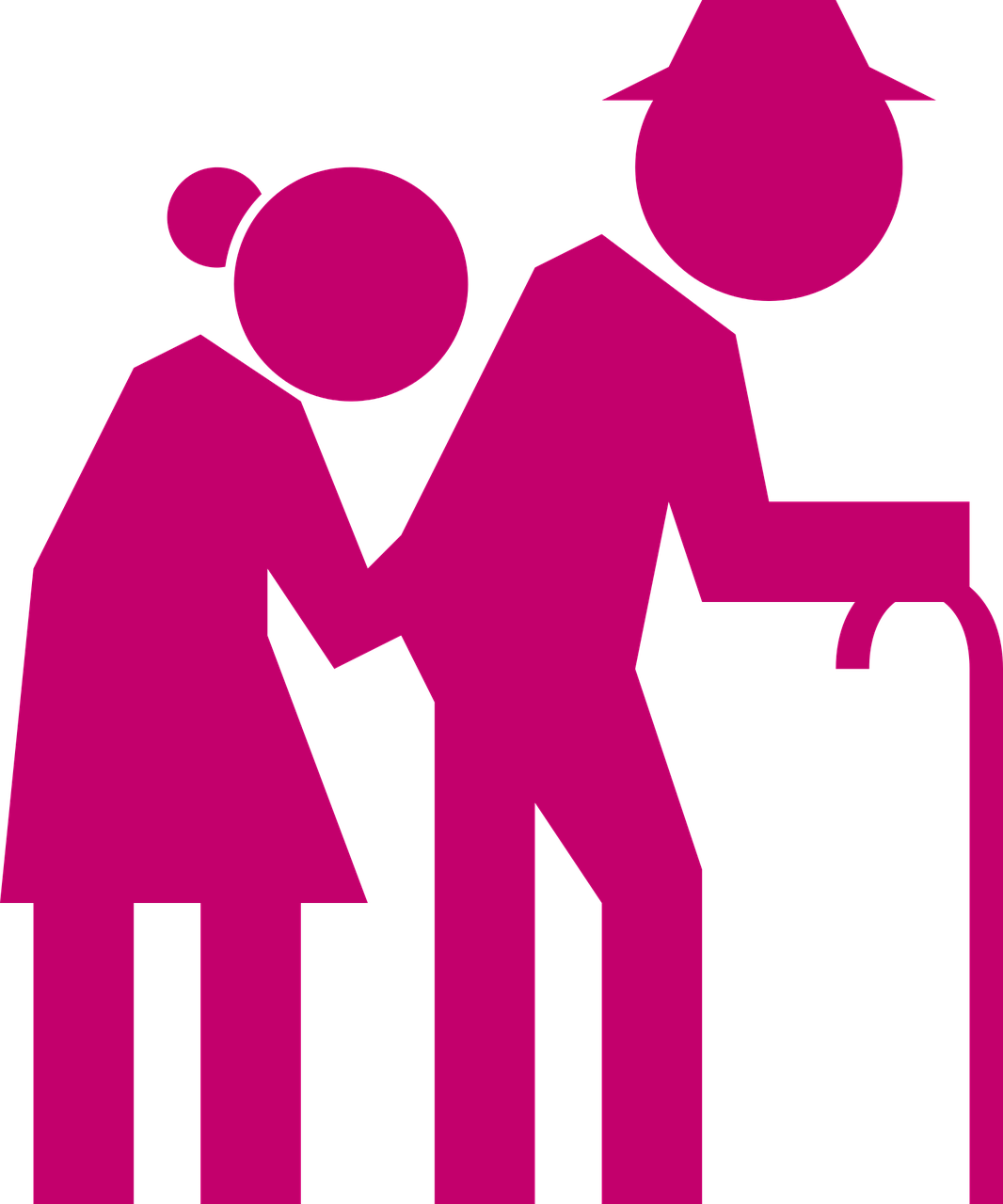今日はNHK実践ビジネス英語は、Lesson15 Midlife Crisis(中年の危機)の5日目となります。
今日のビニェットには、中年期に発症する様々な症状や病名などが出てきています。
physical frailty(肉体的もろさ), inactivity(運動不足),chronic disease(慢性的な病気), diabetes(糖尿病), arthritis(関節炎), cancer(がん), osteoporosis(骨粗しょう症), depression(憂うつ) など。
体調を維持するには20-30分の早歩き( brisk walk)といった有酸素運動(aerobic exercise)と摂取カロリーの削減(eat fewer calories)が有効です。
また、中年になったら、十分な睡眠と休みをとること(get enough sleep and rest)も重要です。
毎日の生活パターンに休息(breaks)を取り入れ、早く就寝する(get to bed early)ことも大切です。
例によって、ビニェットに出てきた例文は✅で、自作の例文は☒で示しています。

今日の表現
[st-mybox title=”” fontawesome=”” color=”#757575″ bordercolor=”#BDBDBD” bgcolor=”#f3f3f3″ borderwidth=”0″ borderradius=”5″ titleweight=”bold” fontsize=”” myclass=”st-mybox-class” margin=”25px 0 25px 0″]● associate A with B AとBを結びつける, AからBを連想する[/st-mybox]
✅ A lot of the physical frailty we associate with aging is actually the result of inactivity.
(私たちが加齢と結びつけて考える肉体的な衰えの多くは、実際は運動不足の結果です。)
上記例文では、関係代名詞が隠れており、We associate a lot of the physical frailty with aging. という関係になっています。
☒ I associate the product with high quality.
(その製品からは高品質を連想する。)
[st-mybox title=”” fontawesome=”” color=”#757575″ bordercolor=”#BDBDBD” bgcolor=”#f3f3f3″ borderwidth=”0″ borderradius=”5″ titleweight=”bold” fontsize=”” myclass=”st-mybox-class” margin=”25px 0 25px 0″]● shed body fat 体脂肪を減らす[/st-mybox]
✅ The best way to shed body fat is to eat fewer calories, especially saturated fats.
(体脂肪を減らす最良の方法は、摂取カロリーを、とりわけ飽和脂肪を減らすことです。)
eatの代わりにintakeを使うこともできます。
☒ The company is planning to shed thousands of jobs by the end of March.
(その会社は、3月末までに数千人の雇用カットを計画している。)
[st-mybox title=”” fontawesome=”” color=”#757575″ bordercolor=”#BDBDBD” bgcolor=”#f3f3f3″ borderwidth=”0″ borderradius=”5″ titleweight=”bold” fontsize=”” myclass=”st-mybox-class” margin=”25px 0 25px 0″]● I couldn’t agree more. 全く同感です[/st-mybox]
☒ You can say that again. (全く同感です。)
☒ You are telling me.(その通りです。 言われなくてもわかっています。)
なお、I couldn’t agree…でなく、I can’t agree と現在形にすると、「同意しかねる」という逆の意味になります。
本日は以上です。
![]()



コメント